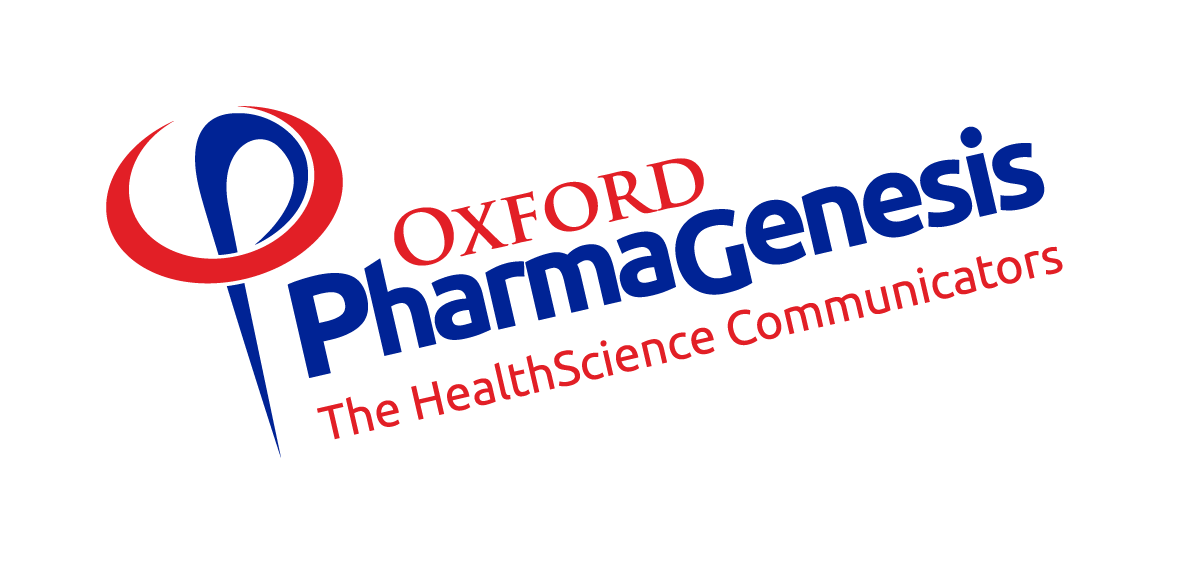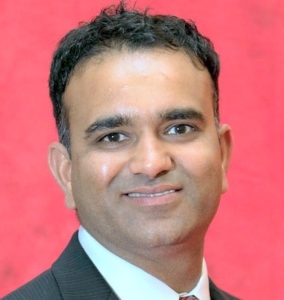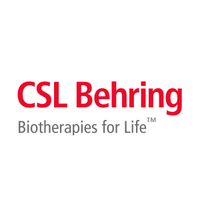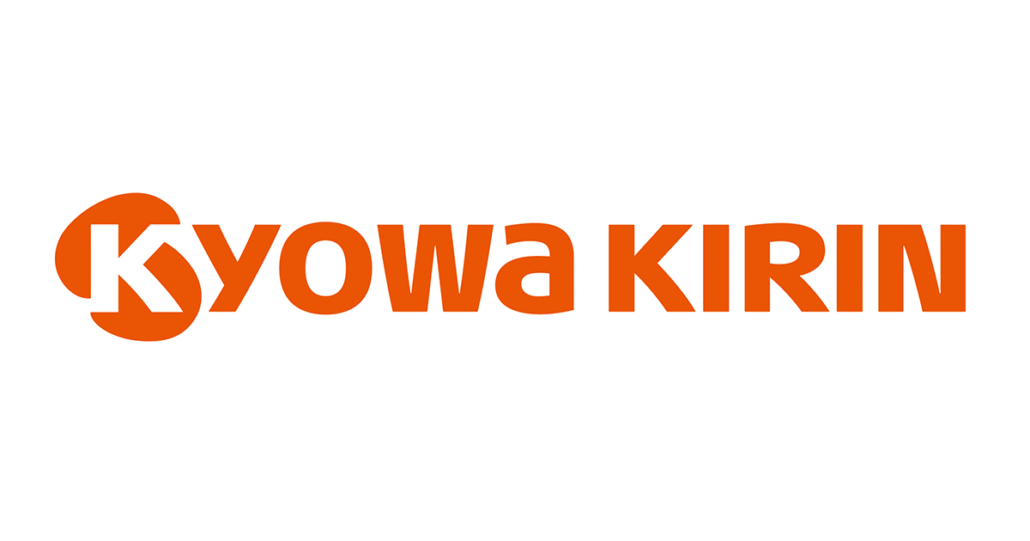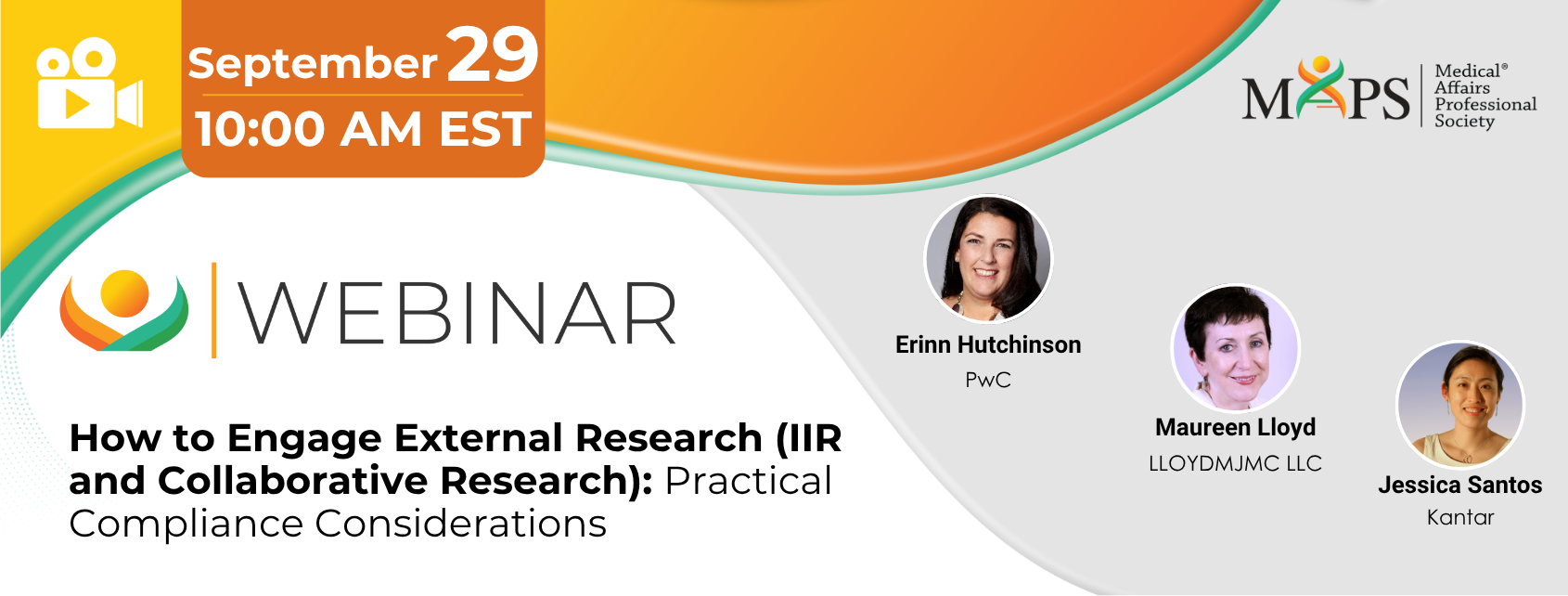 https://medicalaffairs.org/wp-content/uploads/2021/09/September29-webinar.png
642
1690
Medical Affairs
https://medicalaffairs.org/wp-content/uploads/2025/03/MAPS-Logo-R-NoTagLine-2048x679-1.png
Medical Affairs2021-09-29 10:00:412025-08-14 17:08:08How to Engage External Research (IIR and Collaborative Research) – Practical Compliance Considerations
https://medicalaffairs.org/wp-content/uploads/2021/09/September29-webinar.png
642
1690
Medical Affairs
https://medicalaffairs.org/wp-content/uploads/2025/03/MAPS-Logo-R-NoTagLine-2048x679-1.png
Medical Affairs2021-09-29 10:00:412025-08-14 17:08:08How to Engage External Research (IIR and Collaborative Research) – Practical Compliance ConsiderationsThe mission of the Evidence Generation Focus Area Working Group (FAWG) is to educate the MAPS membership on contemporary practices for data generation strategies, including the design, implementation, and communication of new evidence, and educate the MAPs membership how real-world (RW) evidence may be utilized to support product value; including labeling changes.
Activities:
To reach our goals, the Evidence Generation FAWG will execute on two key objectives. First, through educational programs and communications, we will increase understanding of requirements for Evidence Generation in the context of Medical Affairs strategic planning & execution of evidence generation plans. Second, we will explore applications of real-world evidence across stakeholders within Medical Affairs, with the purpose of increasing the acceptance of real-world evidence for regulatory purposes.
As part of this plan, we will organize a host of Evidence Generation activities including workshops for MAPS meetings in the North America, with longer term plans and aspirations of conducting Evidence Generation workshops in APAC (Asia Pacific – China/Japan), and EMEA (Europe, Middle East, Asia) regions.
We will develop original content for webinars, podcasts, eLearning courses, and white papers. In addition, the working group will periodically contribute cogent and timely content on the Evidence Generation sector for the MAPS publication, Elevate magazine. Most importantly, we will provide a supportive resource for all Medical Affairs professionals seeking advice and direction on data generation and regulatory strategies.
Strategic Objectives
- Enhance foundational knowledge, standards and technical skills for evidence generation:
- Develop understanding of standards and guidance for evidence generation.
- Support planning & execution of evidence generation strategy in Medical Affairs.
- Increase opportunities for evidence generation:
- Explore applications of real-world evidence across Regions.
- Increase transparency and acceptance of real-world evidence.
LATEST PODCAST EPISODE
Description: MAPS speaks with Kent Summers, HEOR Lead at AlphaGroup and Steve Camper, VP of Medical Affairs at Blue Earth Diagnostics, about building Health Economics and Outcomes Research capabilities within Medical Affairs.
MEMBERS
Daniel Bin Ng
Head, HEOR International Markets and Greater China,
Astellas Pharma Global Development









